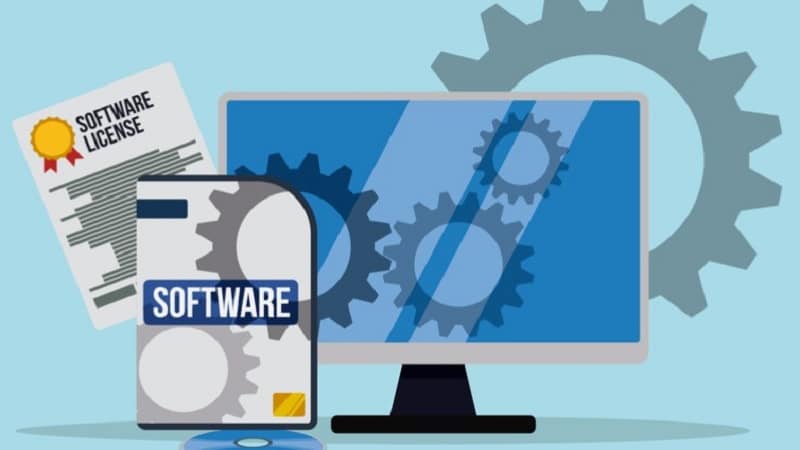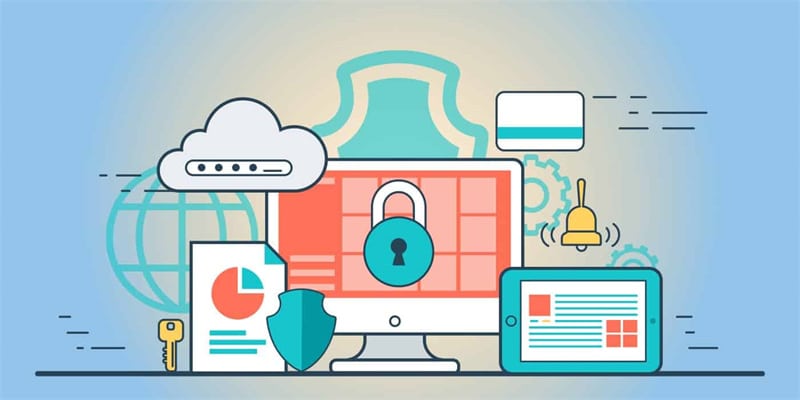
As a business, it’s never easy to grow quickly with limited financial resources. And most entrepreneurs have likely been asked by prospective investors whether or not their organizations can be scaled as they evaluate the profit potential of the model.
One example of scalability in business is software. The costs associated with the product are in its design and development, but the production and delivery of the applications or programs come with little incremental expense.
For smaller enterprises like startups, scalability generally involves the addition of revenue at little cost. Since businesses of this size typically work under tight budgets, it isn't feasible to reach every prospective market. This is where intellectual properties can make a difference, as they're as scalable as they're inexhaustible.
It makes it possible to commercialize solutions in various markets, and the more users and organizations utilize your IP, the greater its value grows.
Software licensing is essential

Software licensing is an ideal software monetization strategy as it leverages intellectual properties by enabling other businesses to utilize or apply them in various industries, markets, and products.
For example, if the IP is meant to be a production technology with the potential to increase profit margins by two percent, its value to a hundred-million-dollar enterprise would be at least two million dollars.
Depending on your royalty rates, it may generate a hundred thousand dollars to your organization’s bottom line—the same for any other intellectual property.
How to scale through licensing

Generally, most businesses license their software products to their target audience. However, it’s also possible to scale your intellectual property by licensing them to the competition. After all, doing so allows you to earn a small profit from the sales generated by your rivals.
In specific industries that are dominated by many essential crossover technologies, such as smartphones, it’s not uncommon for competitors to license and pool their patents. Instead of litigating against one another, their pools have the potential to generate revenue from the royalties paid on all the mobile devices utilizing their IPs.
When it comes to scaling, it's often about looking for ways to use your intellectual properties. Analyzing and evaluating your IP assets with an audit is possibly the most effective way to figure out how best to scale. It also helps to consider these questions:
- What type of intellectual properties do you have?
- Are you looking to protect all your intellectual properties?
- Do you know how to better manage and use all your intellectual properties in the expansion and growth of your organization?
- Does the technology have any non-competing applications you can license to others?
- Are you offering value in your brand’s extension licensing or your co-branding relationship?
Conclusion
Business processes, formulas, data, designs, patents, copyrights, and know-how are different aspects of intellectual property assets. In most cases, you'll find that some may be unused or underutilized and learn how they can be used effectively.
Once you've determined them, you'll have insight on leveraging your IPs to scale the business through licensing, be it to get into new markets, generate higher sales numbers, or form strategies for the development of new intellectual properties.










